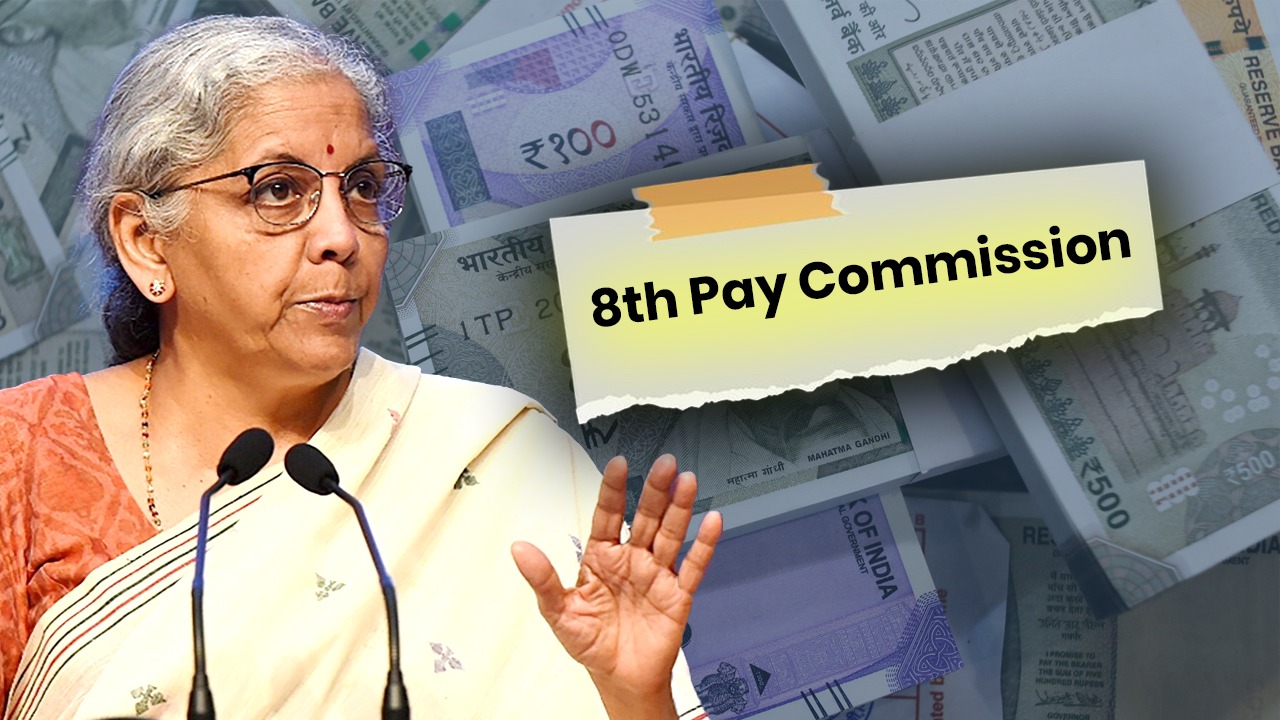 English
English

Nearly a year after the 8th Pay Commission was approved, central employees await its formation. Will their long-awaited pay revision arrive on time, or could delays push benefits into 2027? The countdown for over 1 crore beneficiaries begins.

8th Pay commission is critical for over 50 lakh central govt employees.
New Delhi: Nearly ten months after the union government approved the formation of the 8th Pay Commission, central government employees are growing increasingly anxious as the panel is yet to be formally constituted. Employee unions are now pressing the government to issue an official notification without further delay.
As per the reports, the employee organizations are emphasizing that the 8th Pay Commission is critical for over 50 lakh central government employees and around 65 lakh pensioners, who stand to benefit from the next pay revision. The revised pay structure is expected to be implemented from January 1, 2026.
8th Pay Commission: Preparations for big changes for central employees!
The Central Secretariat Service Forum (CSSF) recently wrote to Prime Minister Narendra Modi, highlighting that the 7th Pay Commission had been constituted two years before its implementation, allowing adequate time for research and consultation. In contrast, although the government announced the 8th Pay Commission in January 2025, no formal appointments or notifications have been made so far.
The CSSF urged the government to appoint the chairperson and members promptly and specify a start date for the commission. “This will ensure that recommendations are submitted in time, allowing implementation from January 1, 2026, without affecting employees’ dues,” the letter stated.
Historically, each pay commission has taken around two years from formation to final implementation. If the 8th Pay Commission notification is issued only by November 2025, experts warn that the panel’s report may be ready only by late 2027, potentially delaying implementation to January 2028.
However, government sources indicate that efforts are underway to compress the timeline, possibly completing the process in under a year. This could allow the revised pay scales to take effect by early 2027 instead of 2028.
Even if there is a delay in formal implementation, the government may make the new pay scales effective retrospectively from January 1, 2026, with arrears paid later.
This approach mirrors the 7th Pay Commission, whose recommendations, approved in June 2016, were applied retroactively from January 1, 2016. Analysts suggest such a move could maintain employee morale while helping the government manage fiscal pressures efficiently.
How much salary will increase in 8th Pay Commission? Here’s the full update
The 8th Pay Commission will affect over 1.15 crore beneficiaries, including serving and retired central government personnel. Economists note that revised pay and pensions often lead to higher consumer spending, particularly in urban areas, boosting demand in sectors such as housing, automobiles, and consumer goods.
Meanwhile, employee unions remain cautiously optimistic, hoping that the government will issue the official notification by November 2025, allowing the commission sufficient time to complete its review and submit timely recommendations.